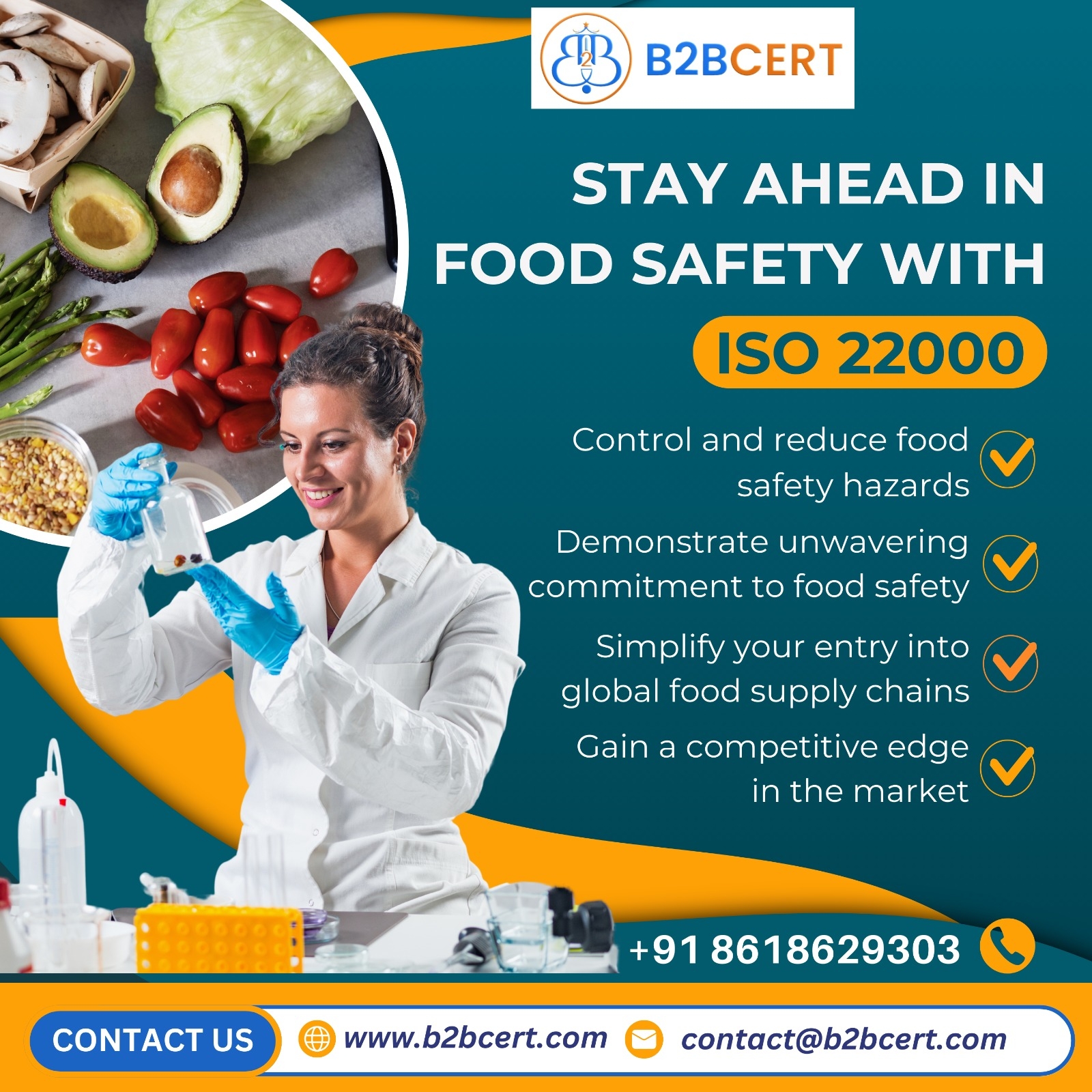ISO 22000 Certification in Dubai - In today’s competitive food industry, maintaining the highest standards of food safety is not just a regulatory requirement—it is a vital element in protecting your brand, consumers, and business reputation. One of the foundational steps toward achieving this is having a documented food safety policy and clearly defined food safety objectives. These elements are central to any effective food safety management system (FSMS) and play a critical role in guiding organizational processes and decision-making.
A food safety policy serves as the organization’s formal commitment to ensuring safe food throughout the supply chain. It clearly communicates the company’s intent to comply with applicable food safety regulations, meet customer requirements, and continually improve food safety practices. Without a documented policy, organizations risk inconsistency in procedures, miscommunication, and potential non-compliance, which could lead to severe consequences, including product recalls, legal action, and reputational damage.
Equally important are food safety objectives, which are specific, measurable goals that translate your food safety policy into actionable outcomes. These objectives help organizations monitor progress, evaluate performance, and drive continuous improvement. Common food safety objectives include reducing contamination incidents, improving hygiene practices, minimizing allergen risks, and enhancing employee food safety training. By establishing measurable objectives, organizations can ensure that every team member understands their role in achieving food safety excellence.
Implementing a documented food safety policy and objectives is greatly facilitated by international standards such as ISO 22000. ISO 22000 is a globally recognized standard for food safety management systems that provides a structured framework to identify, control, and prevent food safety hazards across the supply chain. Achieving ISO 22000 Certification in Dubai is a strategic move for organizations looking to demonstrate their commitment to food safety, gain customer trust, and enhance market competitiveness.
Working with professional ISO 22000 Consultants in Dubai can help organizations effectively develop and implement a comprehensive food safety policy and objectives. These consultants bring deep expertise in understanding the specific risks within the food industry and aligning the policy with regulatory requirements and industry best practices. They also guide organizations in establishing a system for monitoring, reviewing, and improving food safety performance.
A robust food safety policy should include several critical elements:
-
Commitment to Compliance: Affirming adherence to all relevant legal and regulatory food safety requirements.
-
Clear Roles and Responsibilities: Defining who is accountable for implementing and maintaining the food safety management system.
-
Resource Allocation: Ensuring sufficient resources, including personnel, training, and infrastructure, to support food safety initiatives.
-
Continuous Improvement: Establishing a culture of ongoing enhancement of food safety processes through regular reviews and updates.
Food safety objectives, on the other hand, should follow the SMART principle—Specific, Measurable, Achievable, Relevant, and Time-bound. For example, an organization may aim to reduce microbial contamination in production lines by 15% within the next year. Such objectives not only provide a clear target but also enable precise monitoring of progress, fostering accountability across teams.
For organizations in Dubai, leveraging ISO 22000 Services in Dubai ensures that food safety policies and objectives are not only documented but also effectively integrated into daily operations. These services typically include gap analysis, risk assessment, process mapping, training programs, internal audits, and certification support. By engaging these services, companies can identify potential hazards, implement preventive measures, and build a culture of food safety that permeates every level of the organization.
Beyond regulatory compliance, having a documented food safety policy and objectives enhances brand credibility. Consumers and business partners are increasingly aware of the importance of food safety, and they often prefer to engage with organizations that demonstrate proactive measures to safeguard public health. A certified and well-documented approach signals reliability, professionalism, and responsibility, creating a competitive edge in both local and international markets.
It’s also essential to recognize the human element in food safety management. Policies and objectives are only effective if employees understand, embrace, and actively contribute to them. Regular training, awareness programs, and performance reviews ensure that the workforce is aligned with organizational food safety goals. Companies that foster a strong food safety culture tend to experience fewer incidents, higher operational efficiency, and better stakeholder trust.
In conclusion, having a documented food safety policy and clearly defined food safety objectives is not optional—it is a strategic imperative for any organization operating in the food sector. These tools provide direction, accountability, and a framework for continuous improvement. By implementing a structured approach with the guidance of ISO 22000 Consultants in Dubai and leveraging ISO 22000 Services in Dubai, businesses can achieve ISO 22000 Certification in Dubai, ensuring compliance, operational excellence, and consumer trust.
If your organization has not yet formalized its food safety policy and objectives, now is the time to take action. The benefits are far-reaching: improved safety standards, regulatory compliance, enhanced reputation, and ultimately, peace of mind knowing that your organization is safeguarding the health and trust of your customers.


